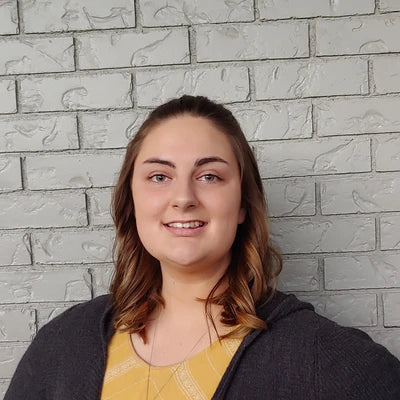While it is true that seeds can last a long time, their viability can decrease over time. This means that less seeds will germinate the longer they are stored. To help you have a better idea of how many seeds should germinate from that bucket of leftover seeds perform a viability test.
The test is simple. Just wrap about 10 seeds, more if you would like, into a damp paper towel. Place the paper towel into a plastic bag. Make sure you label the bag with what seeds they are. Keep the bag in a warm, dark location. This will simulate the planting conditions of the soil.
After the recommended germination time, count how many of the seeds germinated. Then calculate the percentage from the total number tested. This will help you know how many seeds you can expect to germinate from those you plant.
For example, if your viability test results in 5 of 10 seeds germinating, you should plan on planting twice as many seeds as plants you want to grow. This is a great way to prevent seed waste while also getting your desired results.
As you perform this test, keep in mind there are some seeds that won’t perform well as they have special germination requirements such as stratification procedures. However it should help you to make better use of most garden seeds from year to year.
If your seed is older than 5 years its viability will continue to decrease more dramatically. If you would like to replenish your stock with seed you can rely on for the coming season, check out our extensive vegetable seed offerings. Over the last year we have added many varieties known for their superior flavors and performance.


















3 comments
This is extremely helpful, thank you! I have tons of old seeds, now I can determine whether they are worth keeping.
Thank you for this information! I think it’s so simple (I should have thought of it, duh) and so helpful! I’ve recently purchased seeds from 3 reputable companies and I seem to only get 1-3 germinations out of 6 pots I plant, with 2-3 seeds in each. This has been a bit disheartening. I will try this out. Thanks again!